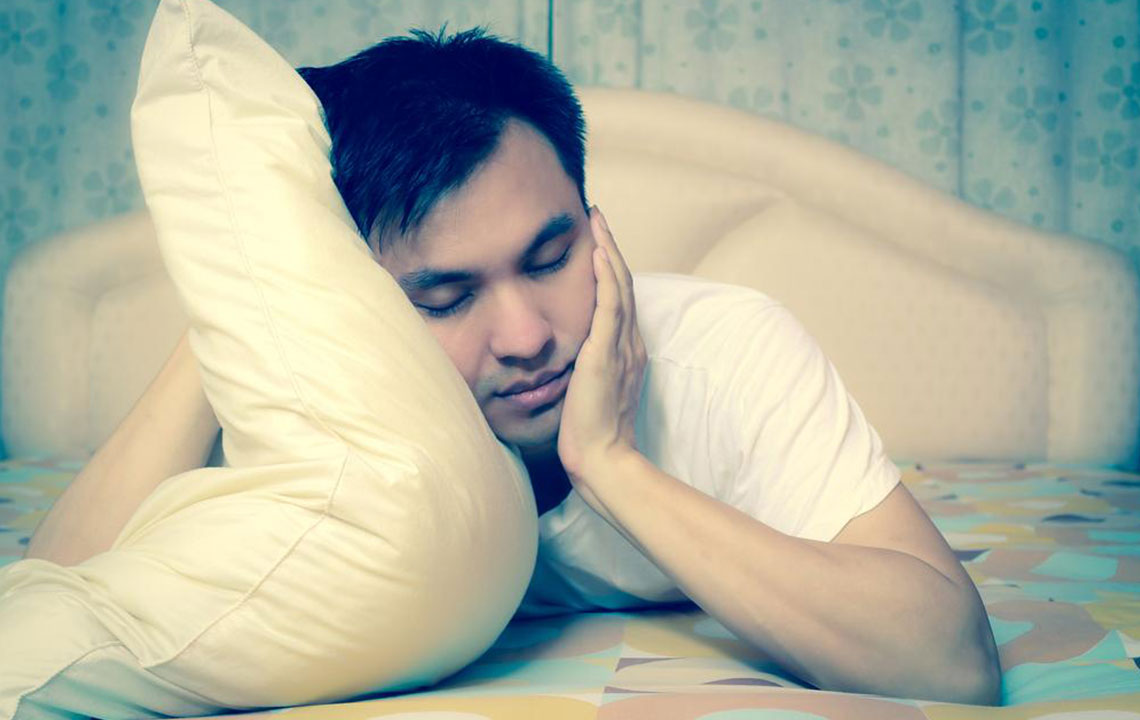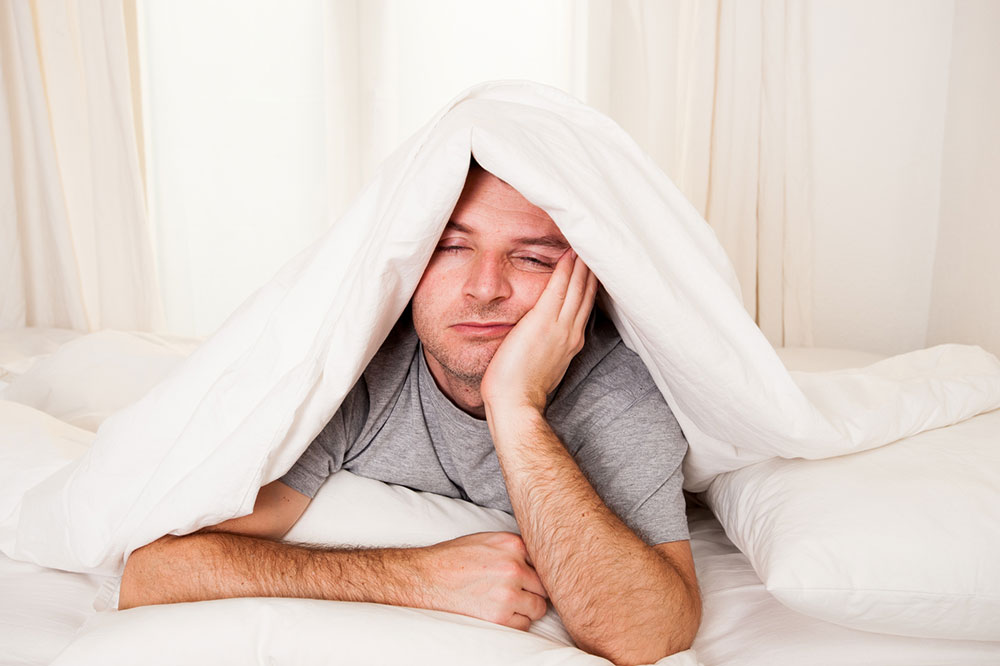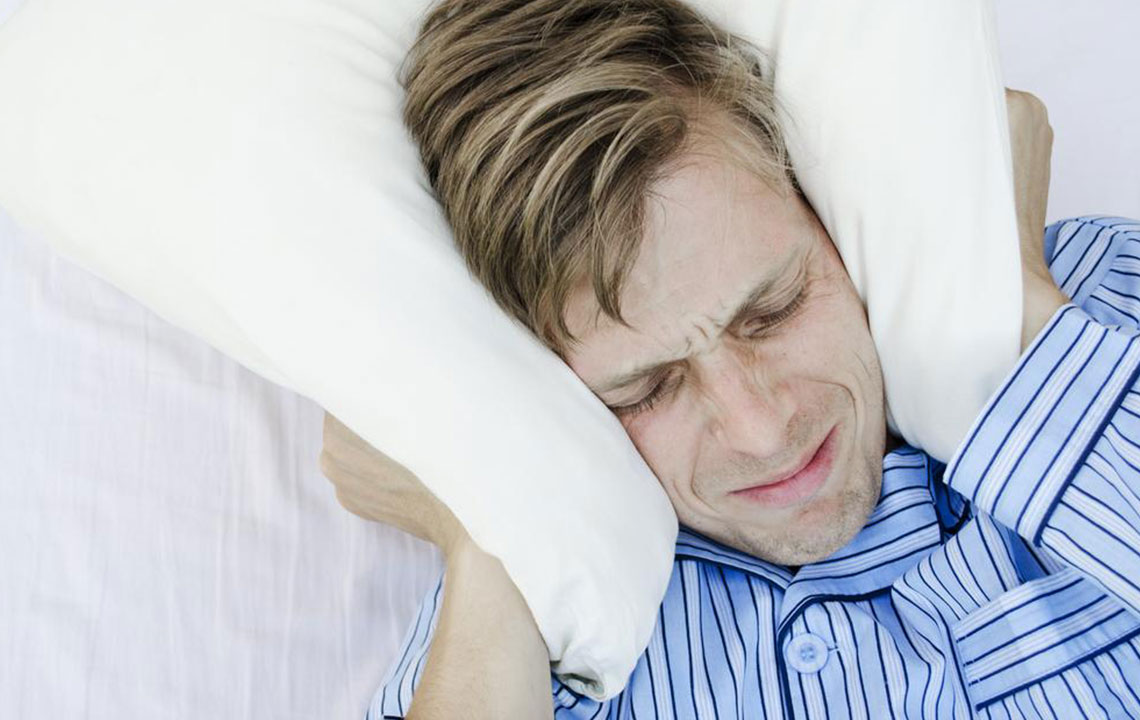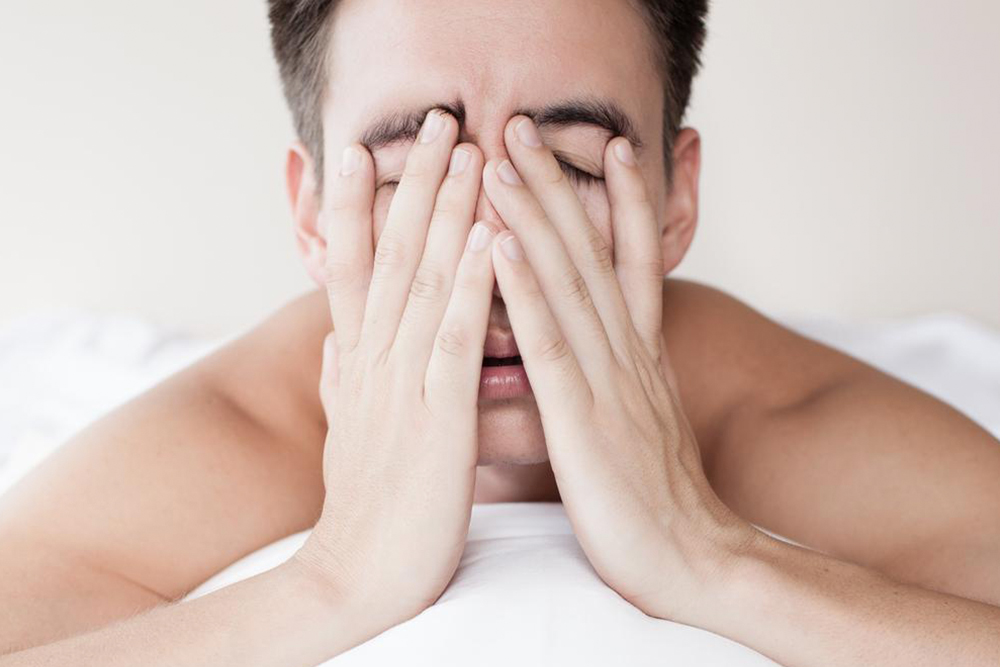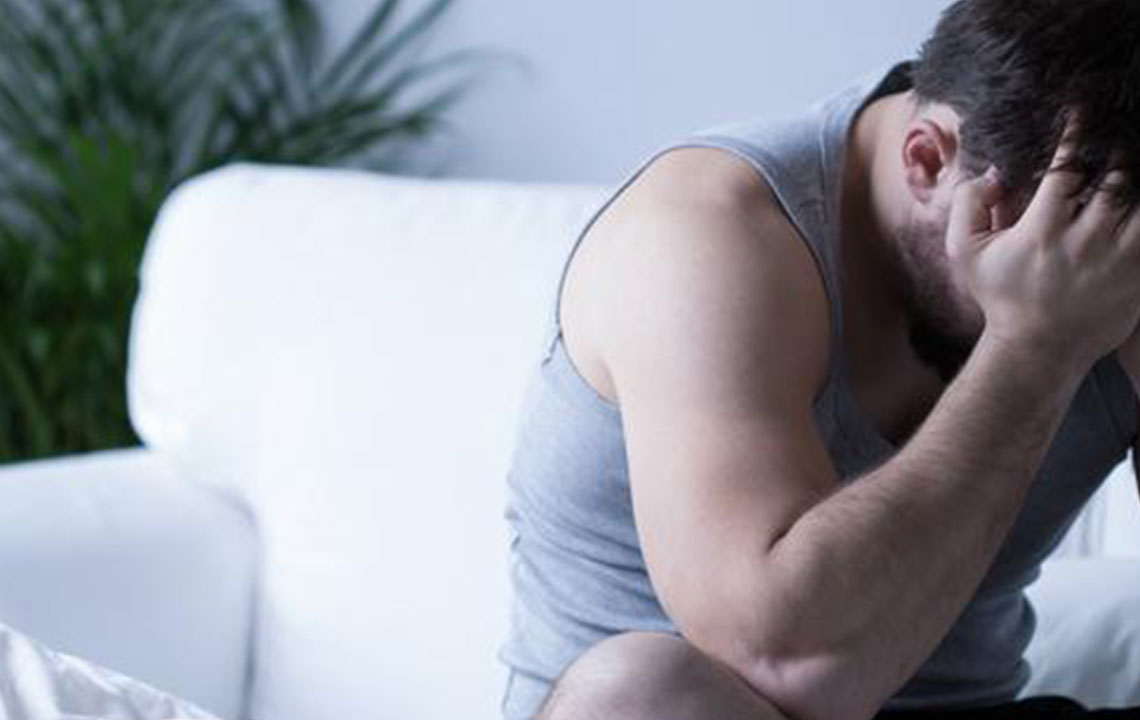How Modern Lifestyles Contribute to Sleep Disorders and Potential Solutions
Modern lifestyles significantly contribute to the rise in sleep disorders such as insomnia. Increased screen time, stress, irregular routines, and poor habits disrupt natural sleep patterns. While medication offers short-term solutions, long-term use carries health risks. Strategies like reducing screen exposure, maintaining routine, enhancing sleep environment, and adopting stress-relief techniques can naturally improve sleep quality. Addressing these factors holistically is essential for better sleep health in today’s digitally driven world, promoting overall wellness and reducing chronic health issues associated with poor sleep.

How Modern Lifestyles Contribute to Sleep Disorders and Potential Solutions
In recent years, sleep disorders, especially insomnia, have seen a remarkable increase in prevalence across the globe. Once considered rare or occasional issues, sleep disturbances have now become a widespread health concern affecting people of all ages, genders, and backgrounds. The shift in societal routines, technological advancements, and changes in behavioral patterns have all played a significant role in this rising trend. Understanding how modern lifestyles impact sleep health is crucial for developing effective strategies to improve sleep quality and overall well-being.
Insomnia, characterized by difficulty falling asleep, staying asleep, or experiencing restorative sleep, has become commonplace in contemporary society. While occasional sleep troubles are normal, persistent insomnia can lead to serious health consequences, including weakened immune function, impaired cognitive performance, emotional instability, and increased risk of chronic conditions such as heart disease and diabetes. Scientific research indicates that multiple factors contribute to this epidemic, and these factors are often interconnected, creating a complex web that influences sleep health in modern individuals.
Primary Causes of Sleep Disorders in the Modern Era
One of the most significant contributors to sleep disturbances today is the pervasive use of digital devices. Smartphones, tablets, computers, and television screens emit blue light, which suppresses melatonin production—the hormone responsible for regulating sleep-wake cycles. Continuous exposure to screens, especially before bedtime, interferes with the body's natural circadian rhythm, delaying sleep onset and reducing sleep quality. Additionally, the addictive nature of social media, gaming, and constant notifications create mental stimulation that makes it difficult for individuals to relax and wind down at night.
Stress and anxiety related to modern lifestyles also heavily impact sleep quality. The fast-paced nature of current work environments, financial pressures, social expectations, and personal responsibilities generate chronic stress, which can cause sleep latency and frequent awakenings. The rise of remote work and the blurred boundaries between professional and personal life further exacerbate these issues, making it hard for individuals to disconnect and achieve restful sleep.
Previous generations did not face the same level of digital distractions or societal pressures, which explains the historically lower rates of sleep disorders. Today, the constant connectivity and information overload contribute to a hyperaroused state in the brain, making sleep initiation and maintenance more challenging. Moreover, lifestyle habits such as irregular sleeping patterns, high caffeine intake, and poor dietary choices further disturb the body's natural rhythms.
The Effects of Long-term Use of Sleep Medications
In response to rising sleep problems, pharmaceutical options and sleep aids have become widely available. Medications like benzodiazepines, non-benzodiazepine sleep agents, and other sedative-hypnotics are commonly prescribed or purchased over-the-counter to facilitate sleep. While these drugs can provide short-term relief and help reset sleep patterns for certain individuals, their prolonged use is fraught with controversy.
One of the primary concerns with long-term sleep medication use is the development of dependency or tolerance, meaning users may require higher doses over time to achieve the same effect. Other notable side effects include daytime drowsiness, cognitive impairment, and impaired reaction times, which can compromise safety. Moreover, some medications may lead to weight gain, altered appetite, and mood disturbances. More worryingly, certain sleep medications have been linked to increased risks of respiratory issues and cardiovascular problems, particularly when used without medical supervision.
Health professionals increasingly advocate for a balanced approach that combines medical treatment with lifestyle modifications. Cognitive-behavioral therapy for insomnia (CBT-I), stress management, sleep hygiene education, and mindfulness practices are proven effective as safer alternatives or adjuncts to pharmacotherapy. These interventions aim to address the root causes of sleep disturbances rather than merely masking symptoms with medication.
Strategies to Improve Sleep Naturally in a Digital Age
Addressing modern sleep problems requires a multifaceted approach. First and foremost, reducing screen time before bed is essential. Experts recommend turning off electronic devices at least one hour before sleep to minimize blue light exposure. Instead, engaging in relaxing activities such as reading physical books, listening to calming music, or practicing gentle yoga can promote a sense of tranquility conducive to sleep.
Maintaining a consistent sleep schedule is another fundamental component of good sleep hygiene. Going to bed and waking up at the same time each day helps regulate the circadian rhythm. Creating a comfortable sleep environment—dark, quiet, and cool—also enhances sleep quality. Investing in supportive mattresses and pillows, blocking out light with blackout curtains, and minimizing noise can make a significant difference.
Diet and lifestyle choices play a vital role as well. Limiting caffeine and alcohol intake, especially in the hours leading up to bedtime, can prevent disruptions in sleep cycles. Regular physical activity during the day increases sleep drive and improves sleep quality but should be avoided close to bedtime to prevent overstimulation. Incorporating stress reduction techniques such as meditation, deep breathing exercises, or journaling can help calm an overactive mind.
In summary, sleep disorders caused by modern lifestyles are complex and multifactorial. While the prevalence of sleep disturbances continues to rise, understanding their root causes and adopting healthier habits can significantly improve sleep quality. Combining lifestyle modifications with professional support offers the most promising path towards restoring restful, restorative sleep, essential for overall health and well-being.
